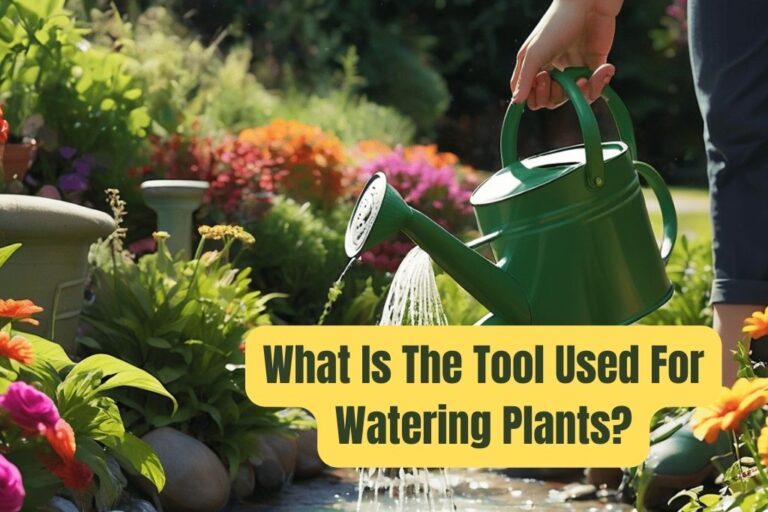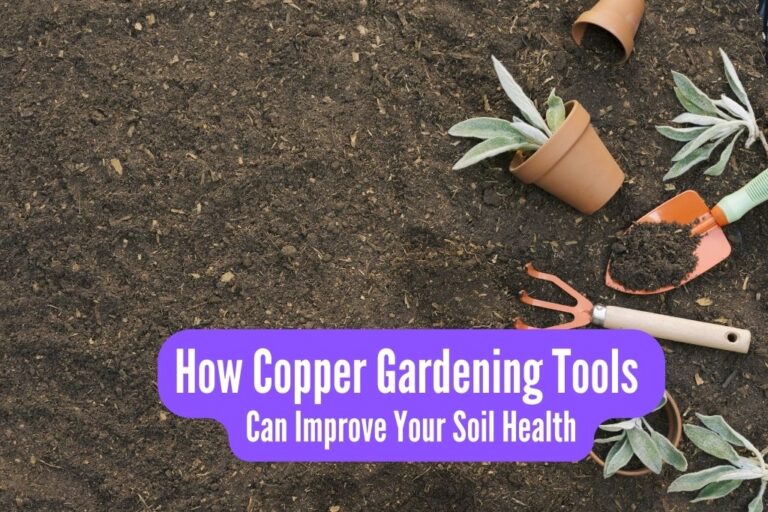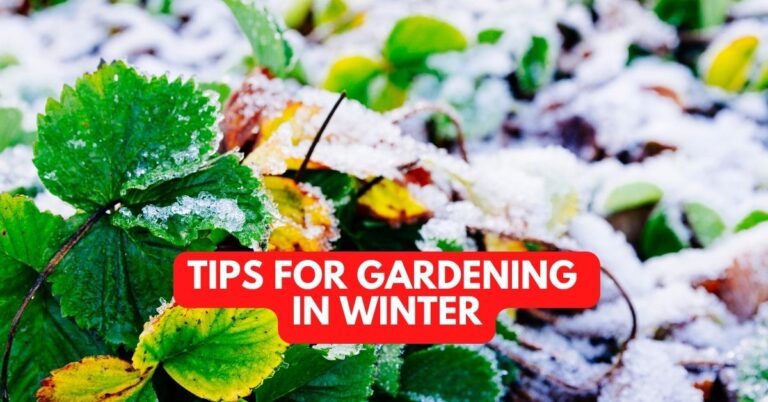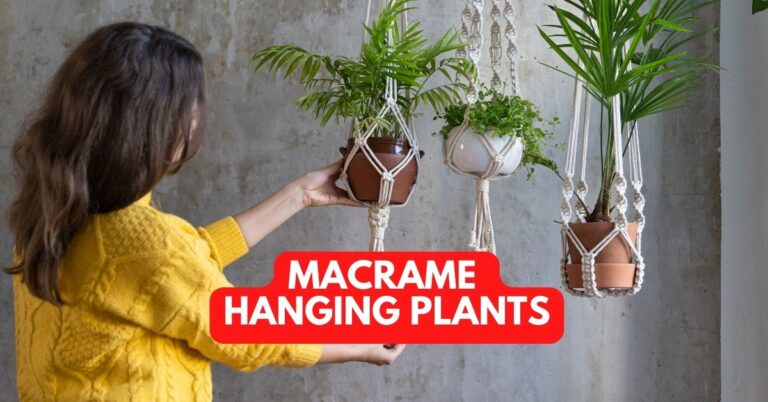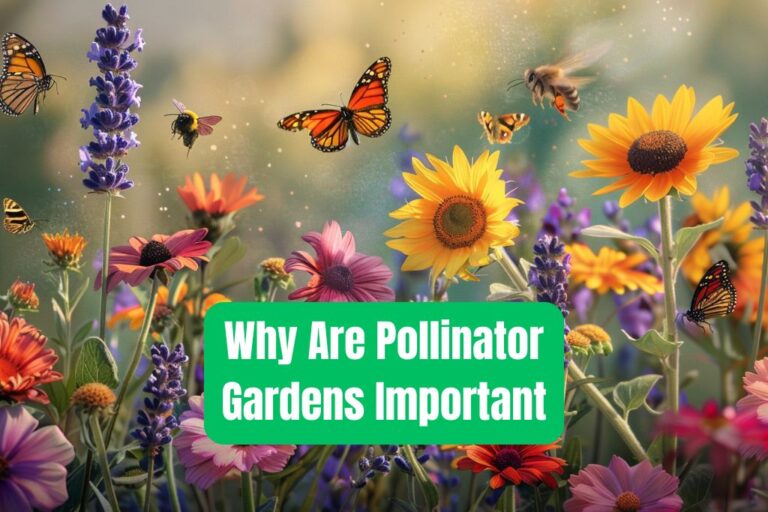Copper Gardening Tools: The Lasting Choice For Your Garden
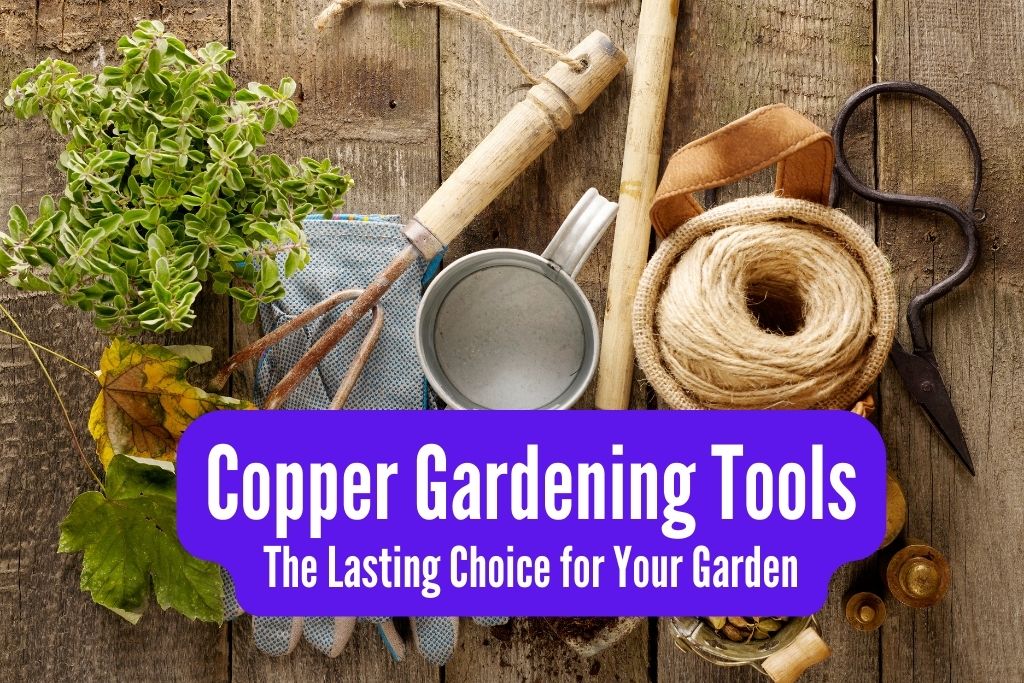
In today’s fast-paced world, gardening offers a much-needed respite and connection to nature for many. As garden enthusiasts, we understand that having the right tools can make all the difference in cultivating a thriving and beautiful garden space. One of these crucial tools is a set of high-quality, durable gardening equipment, which will stand the test of time and handle the rigors of various gardening tasks with ease. Enter copper gardening tools – the industry’s lasting choice for both professional and at-home gardeners alike. In this blog post, we will delve into the numerous benefits of using copper gardening tools, their unique features, and why they are the ultimate investment for your gardening tasks. So, let’s dive in and explore the world of copper tools, revolutionizing gardening as we know it.
The History and Craftsmanship of Copper Gardening Tools: From Ancient Civilizations to Today’s Gardeners
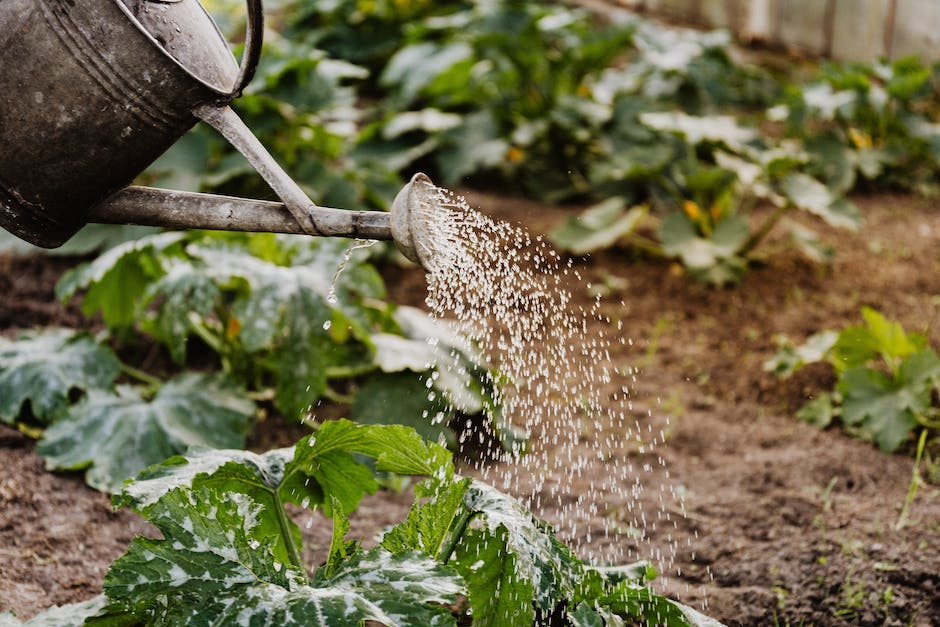
The use of copper as a material for tools dates back to ancient civilizations, a testament to its durability, functionality, and allure. When exploring the history and craftsmanship of copper gardening tools, we find a rich narrative that has evolved from rudimentary implements to today’s sophisticated and reliable tools that serve modern gardeners.
The use of copper in gardening tools can be traced back to ancient Egypt, where copper was the primary metal for many tools, including those for farming and horticulture. Archaeological evidence reveals that Egyptians used copper hoes, rakes, and pruning hooks, among other garden implements. Not only was copper abundant in the region, but its relative ease of processing made it an ideal material for crafting sturdy tools.
The ancient Mesopotamians also recognized the value of using copper in agricultural tools. In this region, where agricultural advancement played a significant role, the utility of copper was crucial in the development of specialized tools such as sickles, plows, and diggers. These innovations heralded the dawn of more efficient and productive agricultural practices.
In the centuries since copper tools have become synonymous with strength and longevity. During the Bronze Age, craftsmen learned to forge bronze, an alloy of copper and tin, which offered even greater durability and strength than copper alone. As societies continued to develop and evolve, the use of copper and high-quality materials in tools became more widespread. European artisans in the Middle Ages refined the process of copper and bronze tool-making, creating equipment that was a precursor to the beloved tools we have today.
Modern gardeners appreciate copper’s many benefits, such as natural resistance to rust, durability, and suitability for even the most delicate gardening tasks. Moreover, many gardeners believe that copper tools produce a positive effect on the soil and plants by reducing pests and fungal diseases, as well as enhancing water and nutrient retention. Consequently, this age-old material has continued to fascinate artisans and has maintained its appeal among gardening enthusiasts.
Today’s heirloom-quality copper gardening tools stand as a testament to the enduring history and craftsmanship of this fine material. With techniques handed down through generations, craftsmen meticulously forge each piece with care and precision to create a functional work of art. The tools are designed to withstand constant use, retaining their functionality while aging beautifully through decades of gardening tasks. This longevity not only preserves the heritage and traditions of artisan craftsmanship but also offers an eco-friendly and sustainable option for the environmentally conscious gardener.
The history and craftsmanship of copper gardening tools remind us that sometimes, the most reliable and effective methods have their roots in ancient wisdom. By choosing copper tools for your own garden, you honor the age-old traditions of the past while ensuring a sustainable future for generations of gardeners to come.
Copper vs. Iron/Steel: Comparing Metal Durability and Longevity in Gardening Tools
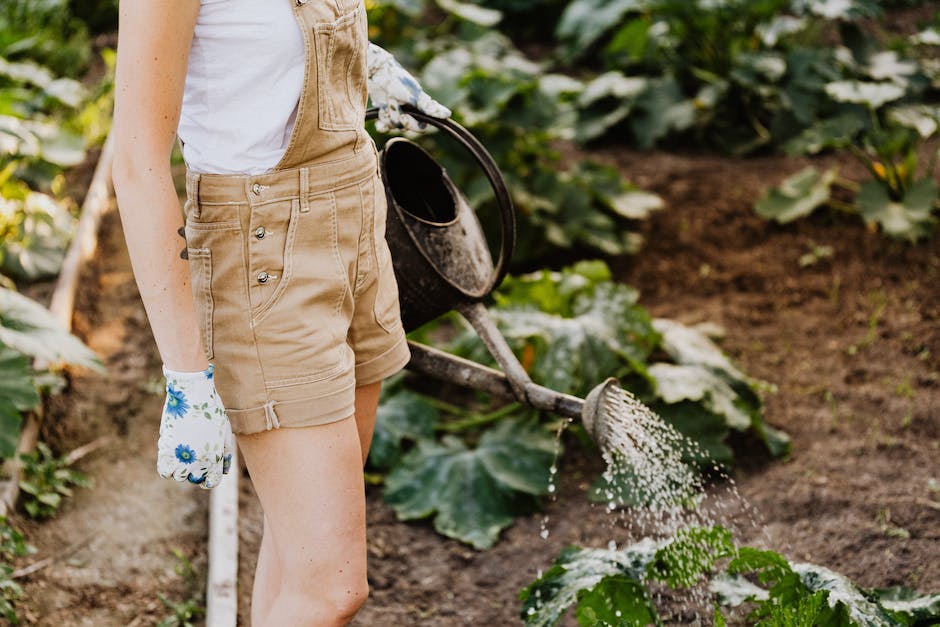
When it comes to selecting the ideal gardening tools, the material they’re made of plays a significant role in their durability and longevity. The most common types of metals used for gardening tools are copper, iron, and steel. Each of these materials has its own distinctive features and abilities that contribute to the overall performance of the tool. In this section, we will compare the durability and longevity of copper and iron/steel gardening tools to help you make an informed decision for your garden.
Copper, by nature, is a soft and malleable metal, making it less prone to brittleness and breakage than its iron and steel counterparts. This property allows copper gardening tools to withstand years of use without losing their effectiveness or shape. Moreover, copper has a unique ability to deter pests and limit the spread of diseases in the garden, providing an added layer of protection for your plants.
In contrast, iron and steel gardening tools are known for their strength and durability, which are attributed to their hard nature. While iron tools tend to be more affordable than their copper equivalents, they are prone to rust and corrosion, especially when exposed to moisture and chemicals in the soil. This can lead to progressive degradation of the tools over time, requiring regular maintenance and eventually replacement. Steel, on the other hand, is stronger and more resistant to rust compared to iron, making it a popular choice for high-quality gardening tools. However, steel tools tend to be heavier and more expensive, potentially posing issues in terms of affordability and ease of use.
In addition to the factors mentioned above, the longevity of gardening tools will largely depend on how well they are maintained and cared for. Copper tools, for instance, require minimal maintenance as they develop a natural patina over time that helps protect against wear and tear. This patina also reduces the friction between the tool and the soil, making your gardening tasks smoother and more efficient. Conversely, iron and steel tools must frequently be cleaned, oiled, and stored in a dry place to prevent rusting and maintain their durability.
In conclusion, when it comes to gardening tools, the choice of metal can have a considerable impact on durability and longevity. While copper tools may be regarded as more expensive up front, they offer a lasting choice that requires minimal maintenance and adds unique benefits such as natural pest control. In comparison, iron and steel tools may be more affordable and stronger initially, but they require more regular maintenance and care to ensure long-lasting performance. As a professional gardener or a gardening enthusiast, the choice ultimately depends on your preference, budget, and the level of care you are willing to invest in your tools.
The Unique Properties of Copper that Benefit Your Garden: Anti-Bacterial and Rust-Resistant Qualities
Copper has long been recognized for its unique properties that render it a highly versatile material. When it comes to gardening tools, copper truly stands out for the benefits it brings to both the gardener and the garden itself. In this section, we will explore the anti-bacterial and rust-resistant qualities of copper, which make it an excellent choice for gardening tools.
One of the most remarkable properties of copper is its natural antibacterial properties. The natural oligodynamic effect of copper has been known for centuries, which means that it actively prevents the growth and spread of harmful bacteria on its surface. Implementing copper gardening tools in your garden can minimize the risk of transferring bacteria from one plant to another, and even to the soil. This is particularly important for those who grow vegetables and fruits, as it can help to reduce the potential for contamination and ensure that your harvest is healthy and safe to consume. Additionally, the use of copper garden tools is an eco-friendly way to prevent the spread of bacteria, as it negates the need for harsh chemical disinfectants and other environmentally damaging practices.
Another valuable attribute of copper gardening tools is their resistance to rust or corrosion. Unlike many conventional gardening tools typically made from steel, which can rust and deteriorate over time, copper tools are inherently resistant to rust. This is due to the formation of a protective patina on the surface of the copper, which forms when the metal is exposed to air and water. The patina acts as a barrier, preventing further exposure and ultimately preventing rust from forming. As a result, copper gardening tools can last significantly longer than their steel counterparts, making them a cost-effective and sustainable investment for your garden.
Furthermore, the rust-resistant quality of copper garden tools also has a positive impact on your plant’s health. Rusty gardening tools can introduce iron ions into your soil, which can build up over time and lead to a pH imbalance that adversely affects plant growth. By using copper tools, you can eliminate this risk, maintaining a healthy soil environment that promotes optimal growth and ensures the longevity of your plants.
In conclusion, the unique properties of copper, specifically its antibacterial and rust-resistant qualities, make it an ideal material for gardening tools. By choosing copper gardening tools, you are not only investing in durable, long-lasting equipment but also promoting a healthier and safer garden environment. Upgrade to copper garden tools and experience the difference for yourself.
Do Copper Gardening Tools Require Special Maintenance? Tips for Ensuring Your Tools Last a Lifetime
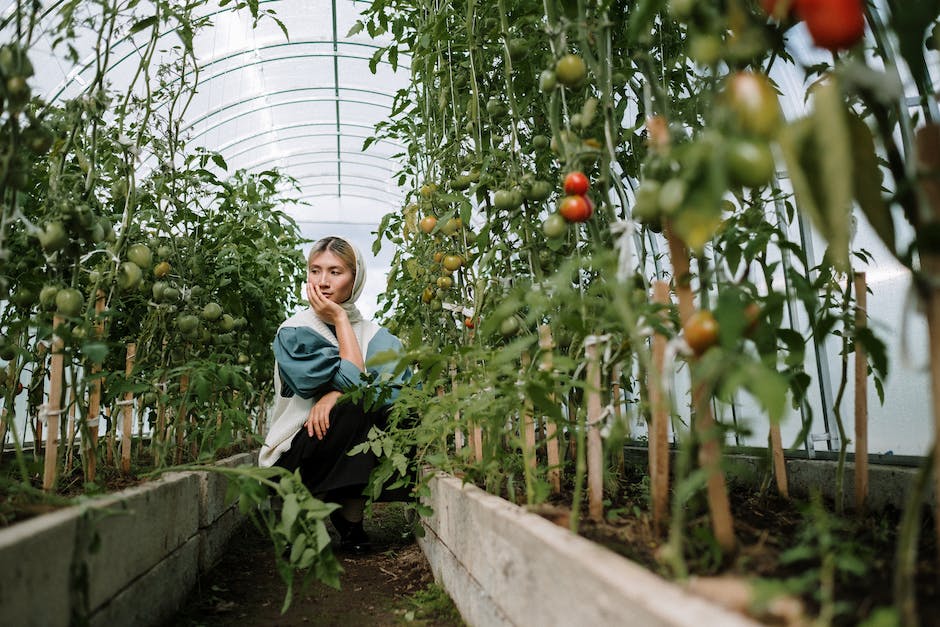
Copper gardening tools are known for their durability, longevity, and ability to improve soil quality. While these tools are often praised for their numerous benefits, many gardeners are curious about the maintenance requirements of copper tools. In this section, we’ll explore the special maintenance (if any) for copper gardening tools and share some tips to ensure they last a lifetime.
Surprisingly, copper gardening tools require minimal maintenance compared to their counterparts made from steel, iron, or aluminum. The primary concern in maintaining your copper tools is to avoid abrasive cleaning methods. It is essential to avoid rough brushes or excessively strong detergents that may jeopardize the integrity of the delicate patina formed over the copper. This patina, a blue-green layer produced by the reaction of copper with the environment, is integral to enhancing efficiency and improving soil quality when using copper tools.
Instead of using harsh cleaning methods, gently rinse your copper gardening tools with water after each use, removing any dirt or debris. Once rinsed, simply dry them thoroughly with a soft cloth to prevent any moisture damage—the important aspect is to store your tools in a dry and well-ventilated space. Doing so will significantly minimize the chances of corrosion.
For stubborn grime that may accumulate over time, consider using a natural cleaner such as lemon juice, vinegar, or baking soda mixed with water. These solutions can effectively remove build-up without causing any damage and maintain the patina’s integrity.
In addition to proper cleaning and storage, regular inspection of your copper gardening tools for signs of wear or damage is crucial. Be on the lookout for any loose parts, cracks in the handles, or bending of the tool itself. If you notice any of these issues, arrange for repairs or replacements as soon as possible to prevent further damage and ensure optimal performance.
Lastly, don’t forget to sharpen your cutting tools, such as copper pruning shears or trowels, with a quality sharpening stone. Maintaining a sharp cutting edge can significantly improve the efficiency of your gardening tasks, and you’ll appreciate the pristine cuts copper tools can deliver when properly maintained.
In conclusion, while copper gardening tools do not require special maintenance, following these simple tips will ensure that your investment in these durable and beneficial tools stands the test of time. Proper cleaning, storage, inspection, and sharpening will keep your copper gardening tools functioning optimally, helping you create a thriving garden environment for years to come.
Understanding the Copper Gardening Tool Product Range: What Tools are Available and Common Applications
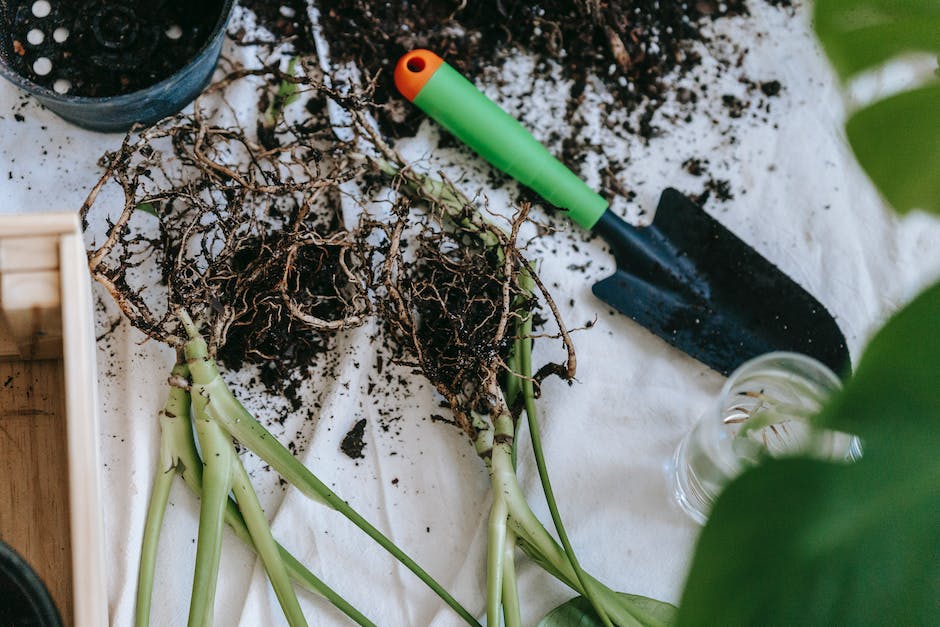
In recent years, copper gardening tools have gained popularity among gardening enthusiasts due to their durability, functionality, and aesthetic appeal. These tools not only stand out for their striking appearance but also provide a range of benefits for both the gardener and the plants. In this section, we will delve into understanding the various copper gardening tools available in the market and their common applications in maintaining a thriving garden.
The copper gardening tool product range is vast and caters to various gardening tasks – from digging and planting to pruning and cultivating. Some of the most popular copper garden tools include:
1. Trowels: Copper trowels are a must-have for gardeners, as they are versatile and ideal for various tasks like digging, planting, and transplanting. The sharp, lightweight design of a copper trowel allows for easy soil penetration and ensures an effortless gardening experience.
2. Spades and shovels: For tasks that require a more heavy-duty approach, like digging bigger holes, a copper spade or shovel is the perfect solution. These tools are more robust and longer-lasting than their stainless steel counterparts, standing up to the toughest jobs in the garden.
3. Hoes: Copper garden hoes come in several varieties, such as the draw hoe for breaking up and shaping soil, and the oscillating hoe for weeding and cultivating. Their copper construction not only ensures longevity but also makes them resistant to rust and corrosion.
4. Pruners and shears: For trimming and shaping shrubs, trees, and hedges, copper pruners and shears are an excellent choice. Sharp copper blades provide precision cuts while minimizing the chances of spreading disease from plant to plant due to the reduction in bacteria and fungi on the blades.
5. Rakes: Copper rakes are an essential tool for cleaning and leveling garden beds. These rakes often come with adjustable widths, allowing gardeners to maneuver easily in tight spaces and around delicate plants.
6. Watering cans: Copper watering cans add an element of timeless elegance and are perfect for watering plants or as decorative pieces in your garden. They are designed to prevent waterlogging and over-watering by providing precise water control during use.
7. Tamping tools: Copper tampers are useful for compacting soil around newly planted seeds or seedlings, ensuring that plants have a stable and sturdy base to grow from.
8. Weeding tools: To keep unwanted weeds at bay, copper weeding tools like the dandelion weeder or the cape cod weeder are perfect for removing weeds efficiently and with less damage to the surrounding soil.
In conclusion, copper gardening tools are an attractive and durable addition to any garden, offering a wide range of tools to cater to various gardening tasks. By investing in these long-lasting, dependable tools, gardeners can ensure that their outdoor space remains thriving and well-maintained while also reaping the benefits of copper’s natural properties for their plants.
Sustainability and Eco-Friendliness: How Choosing Copper Gardening Tools Minimizes Your Environmental Footprint
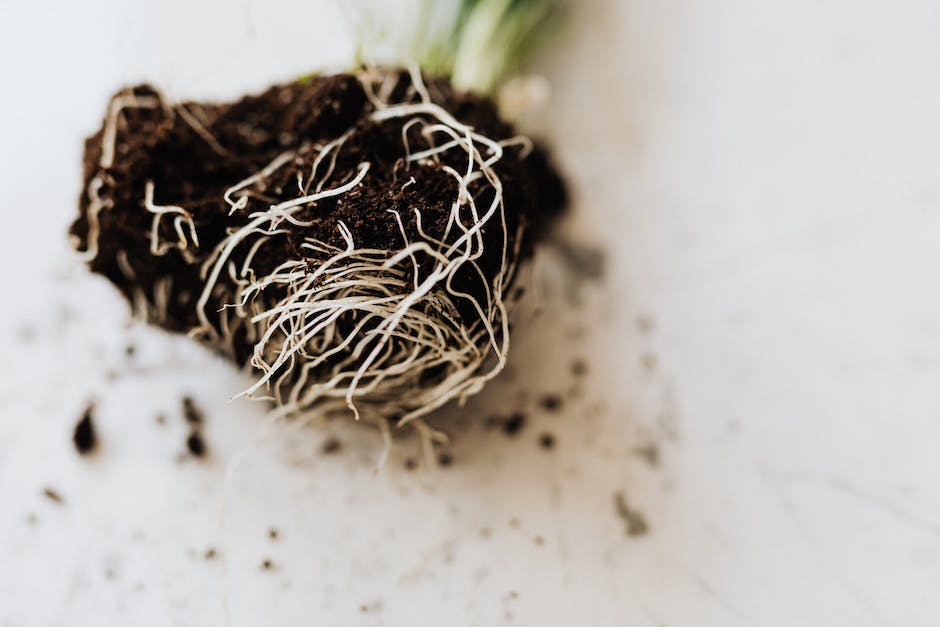
As more individuals and businesses are placing greater importance on sustainability and eco-friendliness, it’s crucial for gardeners to consider the environmental impact of the tools they use. When it comes to gardening tools, copper ones are an excellent choice for minimizing one’s environmental footprint. By understanding the numerous benefits of copper gardening tools, gardeners can make sound decisions that directly contribute to a greener world.
Firstly, copper is a naturally occurring element, which essentially means that it automatically has a lesser impact on the environment when compared to synthetic materials. Utilizing copper tools reduces the demand for plastics or other artificial materials, which typically consume high amounts of energy throughout their production process. As a result, this shift in demand can contribute to a decrease in carbon emissions from manufacturing plants.
In addition to lower carbon emissions, copper tools often outlast other metal tools. This is because copper is resistant to rust and corrosion, which ensures that the tools remain in excellent condition for a longer time. Furthermore, copper’s natural antimicrobial properties help maintain the tool’s cleanliness, prolonging its life even more. Consequently, gardeners who choose copper tools can avoid frequent replacement of their equipment, thus reducing the overall waste generated.
One of the notable advantages of employing copper gardening tools is their ability to promote healthy soil conditions. In contrast to other metals such as iron or steel, copper does not produce harmful magnetic fields that could potentially disrupt the natural balance of microbes in the soil. By preserving the soil’s natural structure and beneficial microorganism population, copper tools contribute to improved plant health and growth.
Apart from the aforementioned advantages, copper garden tools are also recyclable. At the end of their lifecycle, these tools can be easily repurposed or recycled into other copper products. This recycling ability significantly reduces the need for additional raw materials, thus contributing to the preservation of natural resources.
In conclusion, incorporating copper gardening tools into your gardening practices is a small yet significant step towards environmental sustainability. Not only do these tools boast longevity and recyclability, but they also enhance overall soil health, leading to a more robust and thriving garden. By opting for copper tools, gardeners can make a conscious effort to minimize their environmental footprint while maintaining a professional and efficient gardening experience.
Copper Alloys: Combining Copper with Other Metals to Improve Strength and Functionality
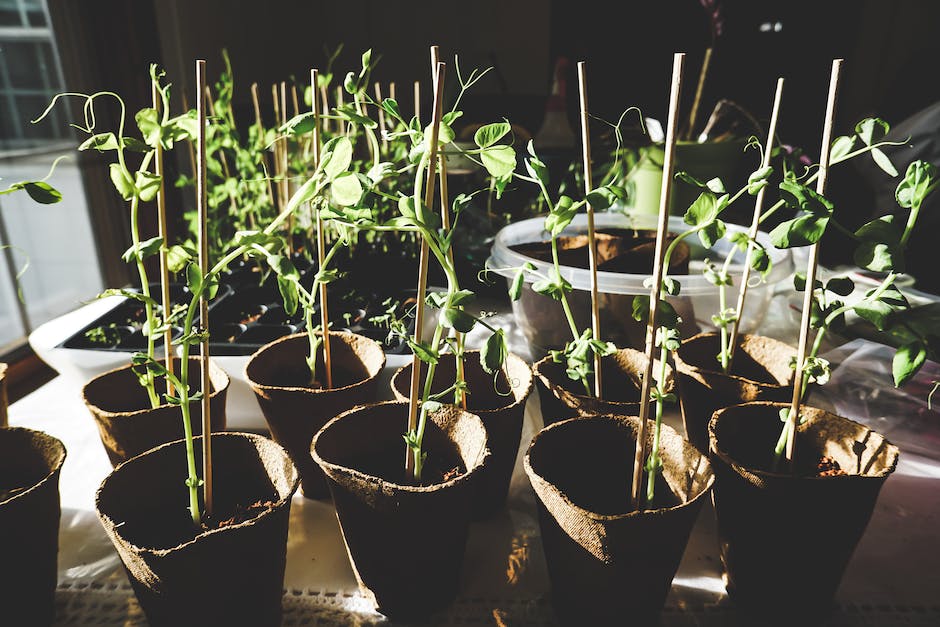
Copper has long been appreciated for its exceptional durability, resistance to corrosion, and ductility. While these qualities make it an ideal candidate for use in various applications, including gardening tools, the performance of copper can be further enhanced by alloying it with other metals. By introducing different elements into the mix, copper alloys offer improved strength, functionality, and longevity, allowing gardeners to reap the benefits of using copper in their tools without sacrificing effectiveness or performance.
One of the primary reasons for the widespread popularity of copper alloys in gardening tools is their impressive tensile strength. By combining copper with metals like tin or aluminum, the resultant alloy becomes significantly stronger, allowing for the creation of more robust and long-lasting gardening tools. This is particularly important for tools that experience frequent use, heavy loads or require increased durability, such as shovels, trowels, or hoes.
In addition to the enhanced strength provided by alloying, copper alloys bring another critical advantage: corrosion resistance. Copper is inherently a corrosion-resistant material. However, when combined with other metals such as zinc, nickel, or silicon, this resistance is further amplified. The superior anti-corrosive qualities of copper alloys not only contribute to their longevity but also help maintain the tools’ aesthetics and prevent degradation due to exposure to moisture, fertilizers, and other chemicals regularly found in garden environments.
Functionality is another crucial factor to consider when discussing the benefits of copper alloys for gardening tools. Alloys of copper and elements like beryllium, for example, enable the development of tools with enhanced elasticity, making them ideal for use in cutting and pruning applications where flexibility is vital. Additionally, certain alloys are designed to be more wear-resistant, allowing them to retain their sharp edges and resist deformation, even with frequent and prolonged use.
Lastly, it is essential to mention the environmental benefits of using copper alloy tools. Copper is a naturally occurring and abundant element, making it a more sustainable choice than many other materials. Moreover, alloys containing copper tend to have a lower environmental impact than other options, such as those made from synthetic polymers, helping gardeners reduce their carbon footprint and contribute to a greener, more sustainable future.
In conclusion, copper alloys provide gardeners with a range of valuable advantages, including improved strength, functionality, and resistance against wear and corrosion. By opting for gardening tools made from these versatile materials, users can expect more reliable performance and a longer-lasting lifespan, ultimately leading to a more enjoyable and efficient gardening experience. From shovels and rakes to pruning shears and trowels, copper alloy gardening tools stand out as a lasting choice for any avid gardener or landscaping professional.
The Top Brands and Makers of Quality Copper Gardening Tools: From Boutique Artisans to Global Manufacturers
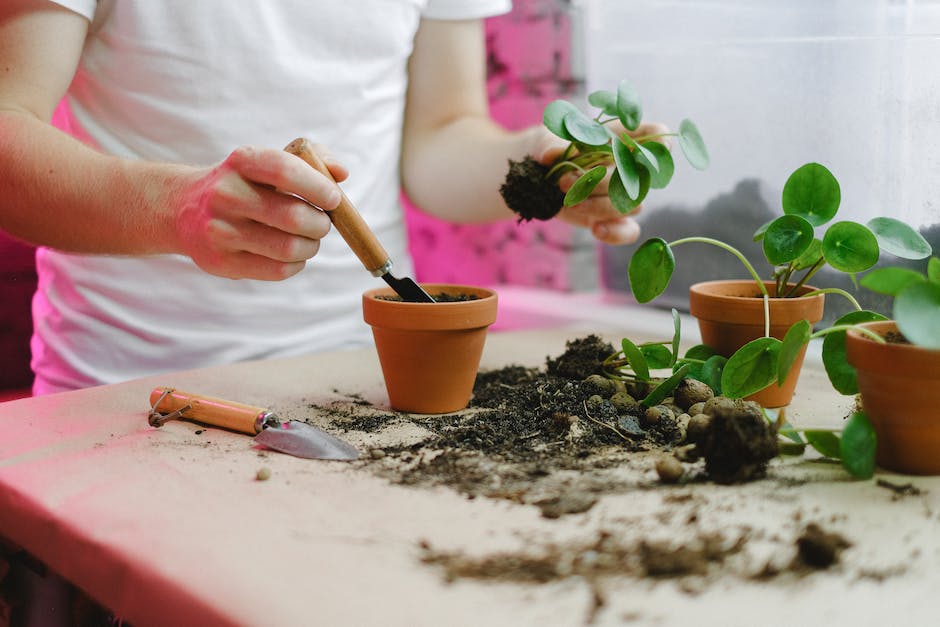
Copper gardening tools have long been admired for their beautiful appearance, anti-rust properties, and high functionality they bring to gardeners across the globe. With numerous brands and makers of quality copper gardening tools available, we’ve compiled a list of the most popular and reputable brands, from boutique artisans to global manufacturers.
1. PKS Bronze: Hailing from Austria, PKS Bronze specializes in hand-made copper and bronze gardening tools. Their artisans pay careful attention to detail and craftsmanship, offering a range of trowels, spades, forks, and other specialized tools that are not only efficient but also beautiful to look at.
2. DeWit Gardening Tools: DeWit, a Dutch company established in 1898, has consistently been a top choice for durable and functional gardening tools. Their line of copper gardening tools blends tradition, craftsmanship, and innovative design to meet the demands of modern gardeners.
3. Implementations: Based in the United Kingdom, Implementations is committed to creating sustainable copper tools designed for optimum performance. With high-quality materials such as bronze and copper, they provide gardeners with products resistant to rust, corrosion, and wear.
4. Oregon Copper Crafts: Master coppersmiths from Oregon Copper Crafts bring together the art of copper crafting and the love of gardening. Their tools not only look elegant, but they are also ergonomically designed to be comfortable to use while ensuring lasting durability.
5. Bulldog Tools: With a history spanning over two centuries, Bulldog Tools stands as a well-known British brand for quality and excellence. They offer copper garden tools that are both durable and efficient, backed by their forged spades and forks made with premium-grade materials.
6. Sneeboer: Another Dutch brand with a rich heritage of craftsmanship, Sneeboer offers hand-forged stainless steel and copper garden tools designed for long-lasting performance. Their carefully crafted tools are not only aesthetically pleasing but also built to tackle even the most demanding garden tasks.
7. Cellfast: Providing gardeners worldwide with innovative and high-quality products, Cellfast is a leading brand in the global market. They feature a range of copper gardening tools designed to be both durable and efficient, ensuring that gardeners have the best tools at their disposal.
As gardening enthusiasts continue to seek out high-quality and long-lasting tools, copper gardening tools stand out as a sought-after choice. These top brands and makers continually prove that their dedication to craftsmanship, sustainability, and serving the needs of gardeners worldwide is second to none. So, whether you’re a seasoned gardener or just starting, investing in copper gardening tools from these top-notch brands will undoubtedly enhance your gardening experience.
Content are generated with AI, fact checked by editorial team.
Hi there! My name is Aaron and I am a gardening expert from the United States. I have always had a passion for gardening and have been practicing it for years. I have gained extensive knowledge and experience in gardening.

